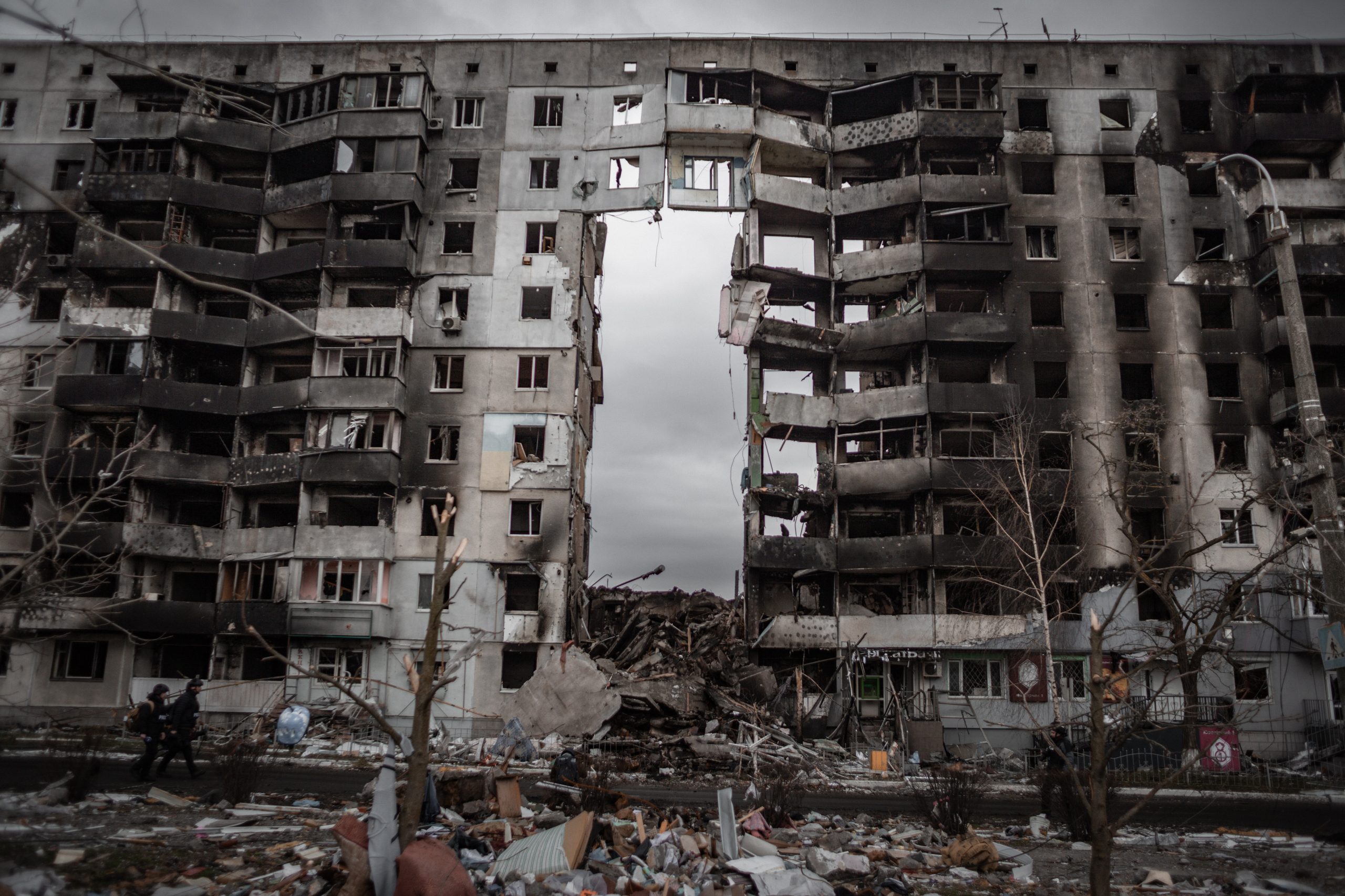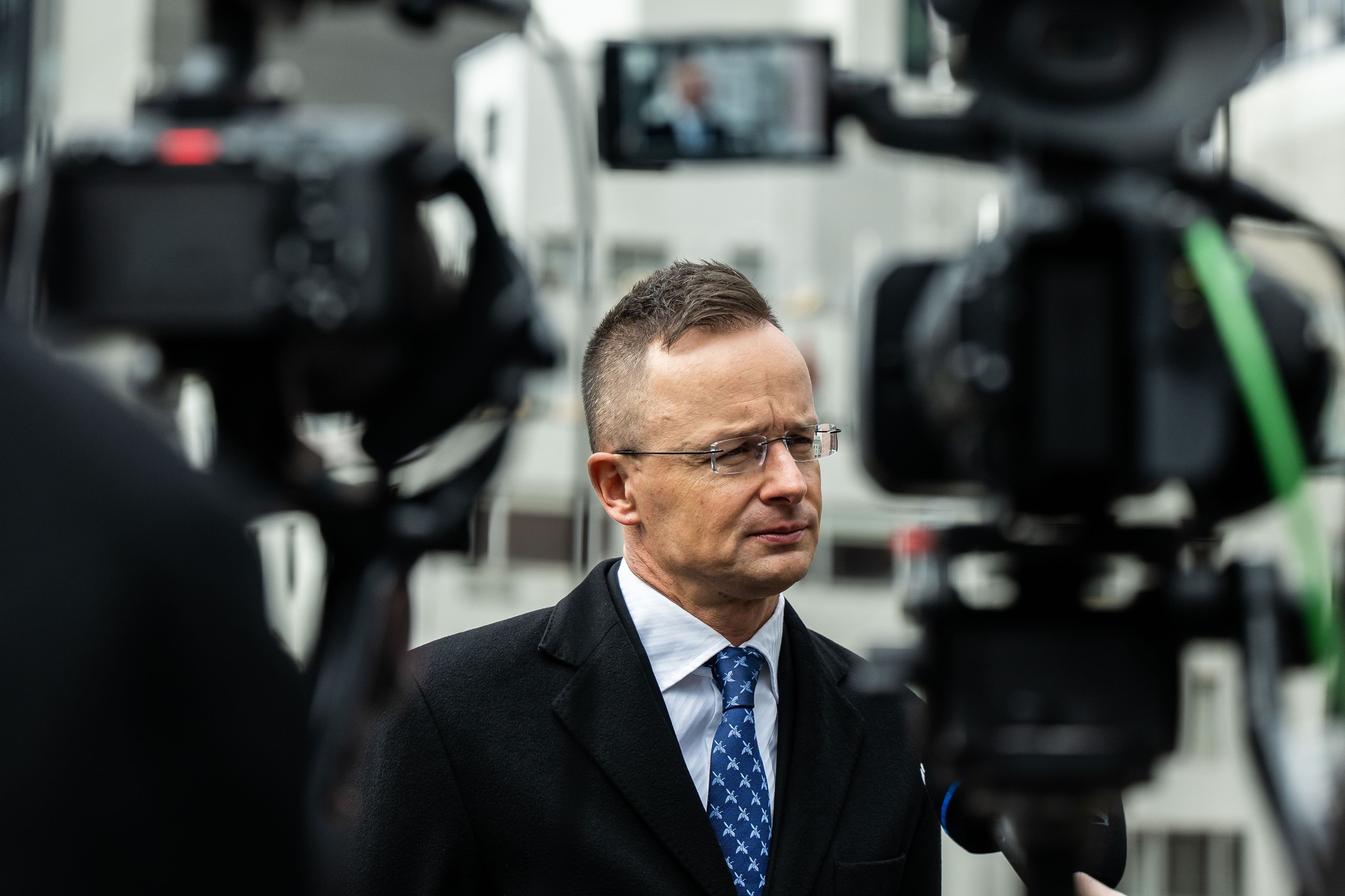
Hungarian leaders address the one year anniversary of the outbreak of the Ukraine war.Continue reading

In an interview with CNN, Hungarian Minister of Foreign Affairs and Trade Péter Szijjártó spoke about the war in Ukraine, the Chinese peace plan, sanctions, and his recent visit to Belarus. The politician said that peace between Ukraine and Russia can only be achieved if the warring parties can talk to each other, and therefore communication channels must be kept open and diplomatic efforts must be redoubled.
Szijjártó said that an immediate ceasefire and peace are also important for Hungary because Hungarians are also being conscripted as soldiers and many of them are dying. The Minister underlined that there is no question that Russia has violated Ukraine’s territorial integrity, and that “the Russian Federation has attacked Ukraine, and we Hungarians condemn this attack, we condemn this war, and it is clear that we stand by Ukraine and call on everyone to respect Ukraine’s territorial integrity and sovereignty.”
He also spoke about the Chinese 12-point peace plan that was published on February 24, the first anniversary of the Ukrainian-Russian war. As part of the plan, China calls for a ceasefire and peace talks, the suspension of Western sanctions, the resumption of grain shipments, increased security at nuclear facilities, and the establishment of humanitarian corridors to rescue civilians. China wrote in the proposal that the sovereignty of each country must be examined and that no country should ensure its own defense at the expense of another.
The Chinese peace plan received a mixed reception. Moscow has welcomed the proposal and appreciates the sincere willingness of their Chinese friends to contribute to a peaceful settlement of the conflict, according to a statement on the Russian Foreign Ministry website. Ukraine has also welcomed the peace plan, with Ukrainian President Volodymyr Zelensky saying he would like to meet Xi Jinping to discuss the Beijing plan. The Ukrainian leader said that the proposal shows that China is involved in the search for peace.
However, some Western leaders have not been so positive about the Chinese plan. NATO Secretary General Jens Stoltenberg reacted that China had little credibility because it had not condemned Ukraine’s illegal invasion. European Commission President Ursula von der Leyen said China has already shown on which side of the conflict they are.
On the Chinese peace plan, Szijjártó recalled that State Councilor Wang Yi, and Director of the Office of the Central Commission for Foreign Affairs, had not only visited Budapest before traveling to Moscow last week, but had also been to Germany, France, and Italy.
We have talked about this peace plan only in part, because the visit took place on Monday and only now have the individual points been announced, but I must say that I fully agree that the sovereignty and territorial integrity of all countries in the world must be respected,”
Szijjártó stressed.
Asked why he had traveled to Belarus, the minister said that Hungary and Ukraine are neighboring states, and the effects of the war on the country are “serious and immediate.” Hungary is concerned about the possibility of the war escalating and prolonging in time and geography. He said that he had asked his Belarusian counterpart to refrain from any action that would lead to a prolongation or escalation of the war.
On EU sanctions, the Hungarian Minister stressed that the government did not think they were good or effective. “We do not think that the sanctions policy is right, we do not think that sanctions work (…), but so far we have not vetoed any package,” Szijjártó said. He added that the government would not veto the tenth sanctions package either, because during the negotiations it had successfully “negotiated” all the exemptions that were important to it. He underscored that the government would never support restrictions on nuclear cooperation or on gas and oil supplies between Hungary and Russia.
Via CNN, Featured photo via Facebook/Péter Szijjártó